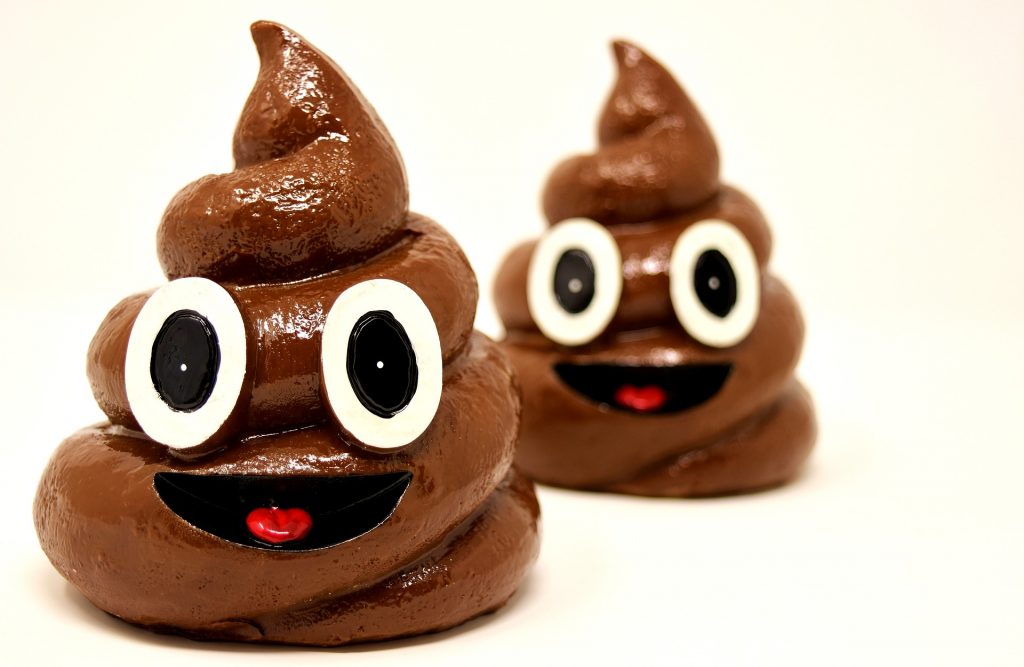Despite some businesses insisting that their wet wipes are "flushable" and won’t block sewers, every single brand failed a disintegration test.
What it means: Wet wipes, which are used for everything from house cleaning to makeup removal to, er, standing-in for toilet paper, are often flushed down toilets, where they cause 80 percent of blockages in UK sewers. That’s a pain for water companies, who have to spend £100 million a year unblocking them. That also means they have less money to spend maintaining and replacing their infrastructure (all the physical bits, like pipes).
That in turn is bad for water companies’ customers (i.e. all Brits), because old, leaky pipes lose a lot of water: about a fifth of the total, or enough water to meet the daily needs of 20 million Brits. This much waste, unless fixed, might mean lots of Britain ends up facing water shortages or even full-on drought by 2050. Water companies might decide a better option is to raise people’s water bills to get the money they need for new infrastructure - a move that would affect poorest Brits the most, as they have less extra income to spare on higher bill payments.
Some wet wipe companies claim to have fixed the problem by developing flushable wet wipes that will disintegrate in water. But a bunch of scientists have just tested these products and announced that absolutely none of them disintegrate like they’re supposed to. (Some manufactures have refused to accept these tests as valid). So water companies are asking people to just stop flushing any wet wipes down the loo at all. Whether Brits will start giving a ???? (without wet wipes) remains to be seen.
Read our explainers on cost of living and how our economic choices affect the environment.

